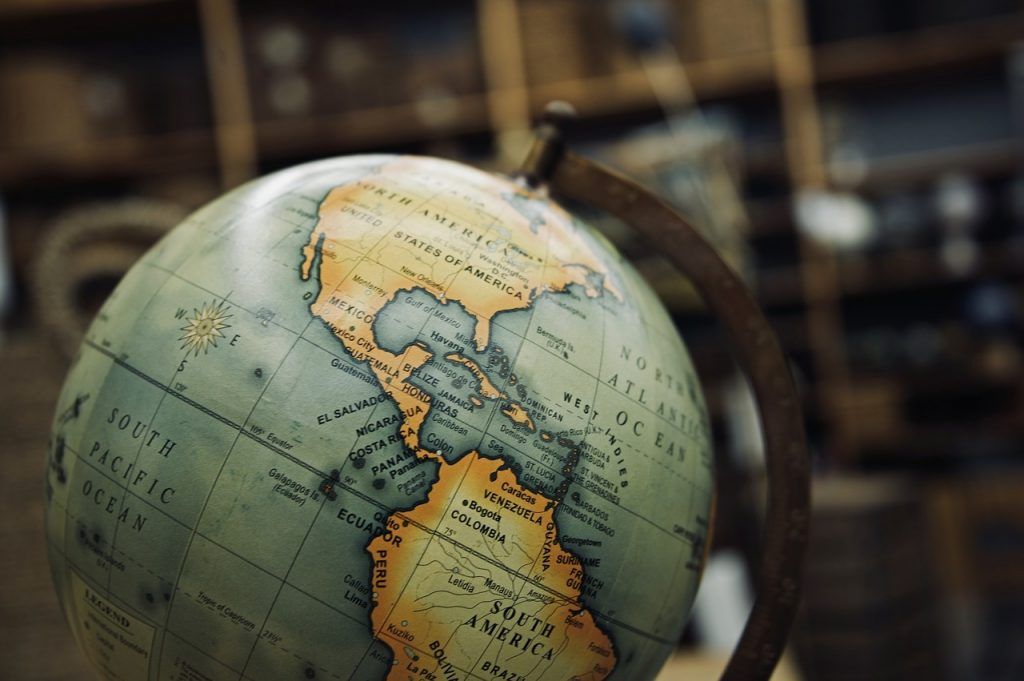The U.S. Section 301 investigation of Brazil will include Economic Complementation Agreements (ECAs) with Mexico.
In general, this investigation will be conducted by the U.S. Trade Representative (USTR) and will include Brazil’s preferential trade agreements.
A Section 301 investigation may be initiated if U.S. trade rights are denied. This applies when a foreign government adopts practices that violate an agreement, contradict it, or restrict benefits to the United States.
It is also triggered if a foreign policy is deemed unjustifiable and affects U.S. commerce. The law imposes no limits on the scope of these investigations. In addition, it expands the concept of «trade» to include both services and investment.
Section 301 of Brazil
The Office of the United States Trade Representative (USTR) has opened an investigation into Brazil. The objective is to determine whether its trade policies are unreasonable, discriminatory or restrictive of U.S. trade.
In general, the planned analysis covers several fronts. It includes digital trade, electronic payment services and preferential tariffs. It will also assess interference in anti-corruption policies, intellectual property protection and ethanol market access.
Another key issue will be illegal deforestation and its commercial impact. In addition, USTR will review Brazil’s preferential agreements with countries such as India and Mexico.
Trade Agreements
As a member of Mercosur, Brazil has preferential trade agreements with several Latin American countries. These include Chile, Bolivia, Mexico, Peru, Colombia, Ecuador, Venezuela and Cuba. All were signed under the framework of ALADI.
Brazil has also signed similar agreements with Egypt, India, Israel and the Southern African Customs Union (SACU).
Brazil gives high priority to its economic and trade relations with Mexico. It seeks to expand its Economic Complementation Agreement No. 53. In 2020, it proposed a new negotiating mandate to include trade in goods and non-tariff issues.
In addition, since March 2019, bilateral trade in automobiles and auto parts became tariff-free. This occurred after the expiration of the quotas established in the Mercosur-Mexico Automotive Agreement (ACE No. 55).
“At President Trump’s direction, I am launching a Section 301 investigation into Brazil’s attacks on U.S. social media companies, as well as other unfair trade practices that harm American businesses, workers, farmers, and technology innovators,” said White House Trade Representative Jamieson Greer.

